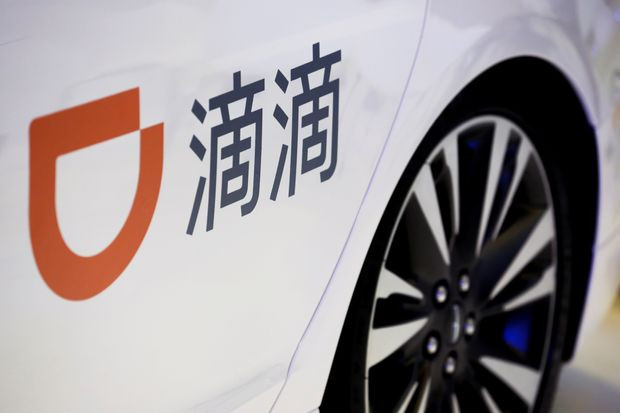British Petroleum (BP) sees their partnership with ridesharing Didi Chuxing in providing electric charging stations throughout China as a win because it "will help them further expand BP's advanced mobility business and develop solutions for a low carbon world."
BP has fuels and convenience business in 18 countries in more than 18,700 sites.
Didi, the biggest ride-sharing company in China, runs on a mobile transportation platform with app-based transportation services that include private car-hailing, bike-sharing, taxi-hailing, social ride-sharing, and on-demand delivery services.
Didi also has automobile services that include electric vehicle charging and co-development of vehicles among many.
Both companies are now working together to build an electric network of charging points in China.
This announcement came after Didi got $600 million from Toyota Motor Corporation. Didi drivers are going get vehicle-related services from Toyota Motor with GAC Toyota Motor.
Didi also has partnerships with car-related companies and automakers like Volkswagen, Dongfeng, First Automobile Works (FAW), GAC Group (Guangzhou Automobile Group Co., Ltd.) and Renault-Nissan-Mitsubishi to work on a platform that uses AI and new energy technologies.
Though BP already has around 740 gas stations in China, both companies said that the standalone charging stations will not only be for Didi drivers but also for the public. Their joint venture could include services for vehicle fleets soon.
"Didi is already converting to electric vehicles and has a very large user base, so we expect to drive high utilization of charging assets from day one," Tufan Erginbilgic, CEO of BP Downstream, said as the British energy giant put its bet on the Chinese market to help with profits during their transition to cleaner fuels.
The partnership will combine BP's expertise in fuel retailing with Didi's 600,000 electric cars for ridesharing. These types of cars need frequent recharging than those electric cars for personal use.
Likewise, BP is also already rolling out its network of electric charging stations in its UK home market.
This New York-listed British multinational firm did a launch in May in the southern Chinese city of Guangzhou with 10 charging stations. From then, it planned "rapid expansion of the network across China."
Seeing this as a "perfect partnership" Erginbilgic said, "As the world's largest EV market, China offers extraordinary opportunities to develop innovative businesses at scale."
The Chinese government is targeting sales of more than 7 million EVs by 2025 and charging points across the country to bolster China's mass adoption of electric vehicles are a necessity. An increase of 770,000 charging points is expected at the end of the year.





